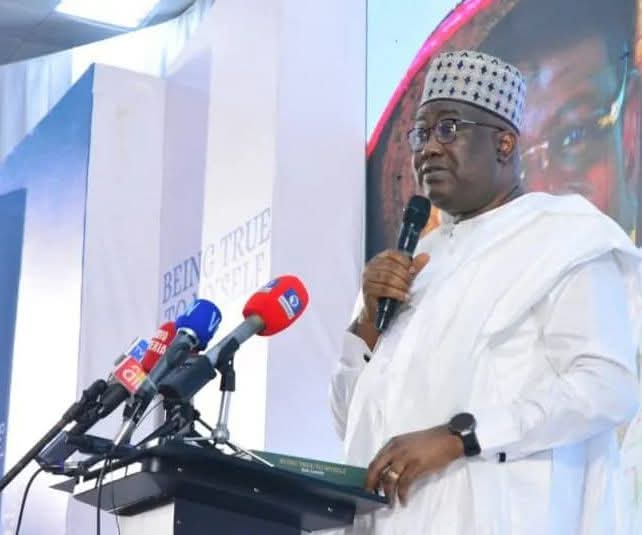Here are the rewritten articles while maintaining all facts and figures:
GLOBAL P2P CRYPTO PLATFORM PAXFUL ANNOUNCES CLOSURE AMID INDUSTRY SHIFTS
Paxful, a major player in Africa’s cryptocurrency ecosystem, has announced it will cease operations on November 1, 2025, marking the end of an era for peer-to-peer (P2P) crypto trading in the region.
The company attributes its closure to “historic misconduct” by former cofounders Ray Youssef and Artur Schaback, claiming that efforts to address past issues have made operations unsustainable. This follows a brief closure of its Nigerian operations in April 2023, followed by a return one month later.
Former CEO Ray Youssef responded to the announcement with strong criticism, stating, “Paxful should have closed down when I left the company two years ago. Regulators don’t want people in the Global South to have the same access to finance as people in the West. It’s financial apartheid.”
The closure reflects broader changes in Africa’s crypto landscape, where regulatory pressure has already led to the exit of major platforms like Binance, Huobi (now HTX), and LocalBitcoins. While alternatives like Bybit continue operating, the trend signals a shift toward more regulated crypto exchanges as African authorities move to formalize digital asset trading, implement taxation, and enhance transaction monitoring.
TELECOM OPERATOR NTEL ANNOUNCES 2026 COMEBACK WITH FRESH FUNDING
Nigerian telecommunications operator ntel is planning a strategic return to the market in Q1 2026, backed by new funding arranged through the Asset Management Corporation of Nigeria (AMCON). The company aims to rebrand itself following years of financial struggles that forced it to sell over 2,000 tower assets to manage debt obligations.
The revival plan includes a hybrid business model combining mobile virtual network operator (MVNO) services with infrastructure provision. This marks a significant transformation from ntel’s origins as the privatized successor to Nigerian Telecommunications Limited (NITEL) in 2015.
The company faces significant challenges in a market dominated by MTN and Airtel, which together control 85% of Nigeria’s telecommunications sector. Success will depend on AMCON’s ability to build a profitable operation while avoiding the bureaucratic issues that plagued its predecessor, NITEL.
AFRIGO CARD SCHEME PROCESSES $48 MILLION IN TRANSACTIONS IN 2025
Nigeria’s national card payment scheme, AfriGo, has reported ₦70 billion ($48 million) in processed transactions for 2025, demonstrating significant growth since its January 2023 launch. The platform, developed by the Nigeria Interbank Settlement System (NIBSS) in partnership with the Central Bank of Nigeria (CBN), has gained momentum through improved infrastructure and expanded partnerships.
Major banks including Access Bank, First Bank, Zenith, Stanbic IBTC, Wema, Unity, Sterling, and UBA now issue AfriGo cards. The scheme has also partnered with fintech companies like PalmPay and Moniepoint to increase distribution.
AfriGo competes domestically with Interswitch’s Verve card while offering unique advantages such as naira settlement and local data storage. The platform aims to establish itself as Nigeria’s preferred payment card for domestic transactions, though international card schemes like Visa and Mastercard maintain their position for global payments.
SABC FACES POTENTIAL JOB CUTS AMID FINANCIAL CHALLENGES
South Africa’s public broadcaster SABC is considering staff reductions following significant revenue losses, particularly from radio advertising. The broadcaster failed to air over 800 paid advertisements across 18 radio stations in August, requiring client refunds after presenters skipped scheduled commercials.
Financial challenges extend beyond advertising issues, with TV license revenue collection at just 15% of the $290 million billed in the 2024/25 financial year. The broadcaster reported a $14 million operating loss, prompting the engagement of BMI TechKnowledge to develop a new funding model.
The situation threatens SABC’s role as South Africa’s primary source of local news and cultural programming, potentially impacting access to diverse media voices across the country.







Leave a Comment